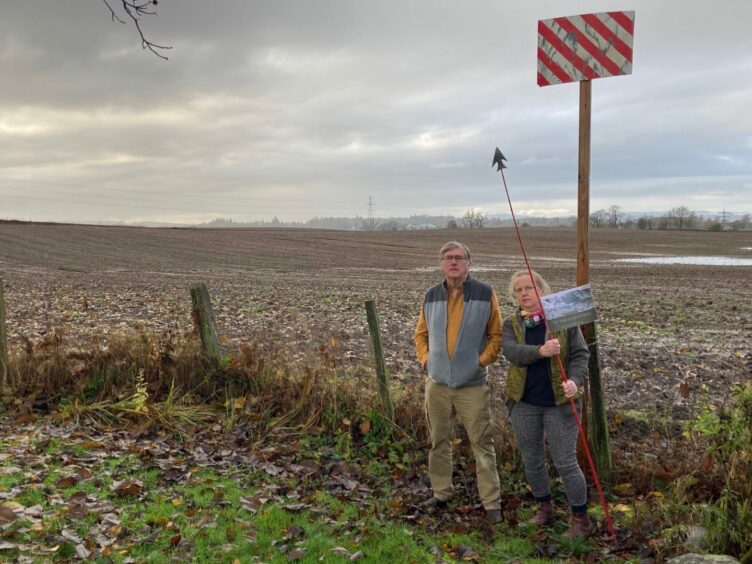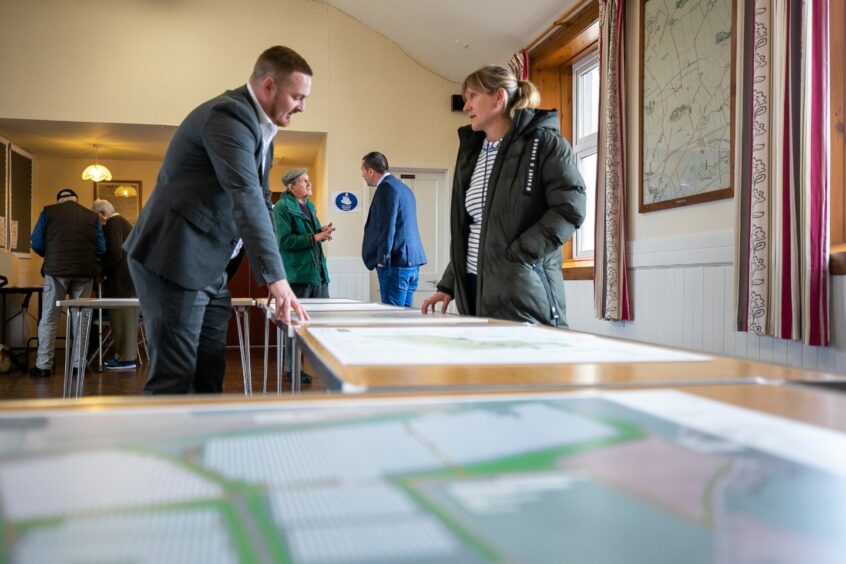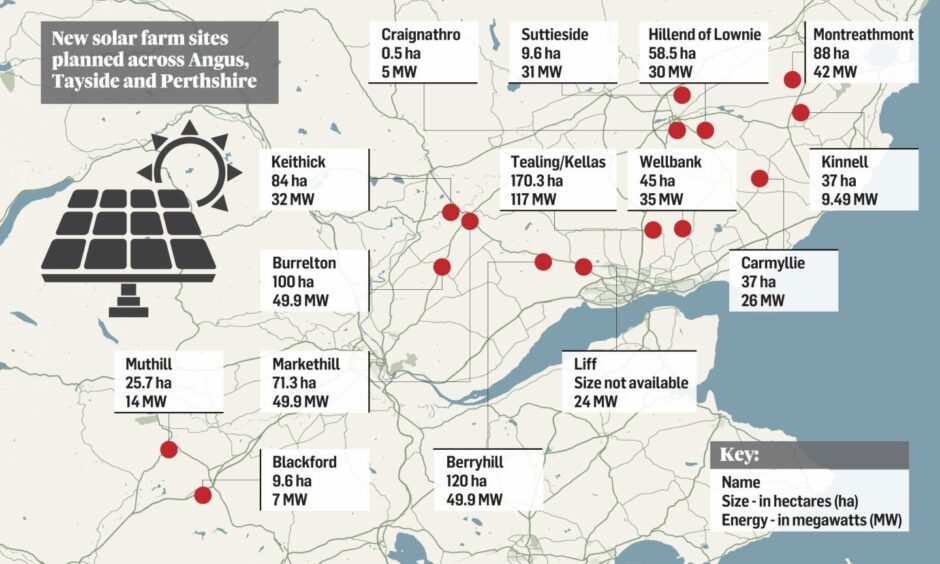A reader’s comment on a solar story I published recently stopped me in my tracks.
“Pure hyperbole,” the reader posted after reading an article where campaigners in Coupar Angus compared solar farm plans to the “black death.”
The reader had something of a point, of course.
But I’d run with the quote anyway.
For me, it showed the depth of feeling against the solar farm
A development which may in the end grow to become larger than Coupar Angus itself.

There is without doubt a quiet energy revolution under way in Scotland.
And Tayside is right at the heart of it.
It is reminiscent of the early days of onshore wind when developers and land owners hooked up in marriage of convenience and the countryside changed, most probably forever, in their wake.
But so did the amount of renewable electricity we generate and few people these days doubt how important that it is.
But it makes me question – what do the neighbours, the people of Coupar Angus and such like, really get out of such deals?
A petrol powered sports car, really?
Yes, there are community funds attached to many, although not all, renewables projects.
Village halls get a fresh coat of paint and deserving local causes in the community get what is often a much needed boost.
But in this age of rocketing fuel bills and a wider cost of living crisis is that enough to persuade people to embrace unpopular solar projects?
Let’s face it. Not all landowners and developers have the good of the planet at the forefront of their minds when they strike these deals.
I’ve heard the owner of one renewables development company has invested some of his profits in a private helicopter.
Another roared away from a meeting with me last year in a souped-up sports car.
It wasn’t an electric model.
So why shouldn’t those whose lives are most directly affected get a proper slice of the action?
Genuine, considerable discounts on electricity bills for the lifetime of solar renewables projects seems not just fair, but common sense.
‘Fuzzy glow’ is no match for genuine solar bills discounts
I understand moves are afoot to make this more likely.
But as I write, people, like those in Coupar Angus, are expected to see their lives change with little more than the rosy glow of doing the right thing offered in exchange.
That’s unjust.
There are a considerable number of positive things to say about solar.
Sheep can graze between the panels, wild flowers sometimes flourish, the land beneath the panels gets time to rest and recover.
And that’s before we come to the electricity.
But developers, the Scottish Government, green campaigners and the rest have to accept that some people will always hate them.
And that’s fair enough too.
So at the very bare minimum, communities must be offered a genuine incentive to get on board.
That’s before being empowered to come to a balanced decision on what’s best for their area, with the positives and negatives weighed accordingly.
It won’t be enough for some, but at least we’ll have a genuine solar revolution where everyone benefits. Not least the planet.
Peter John Meiklem leads The Courier’s transport and environment team.
















Conversation